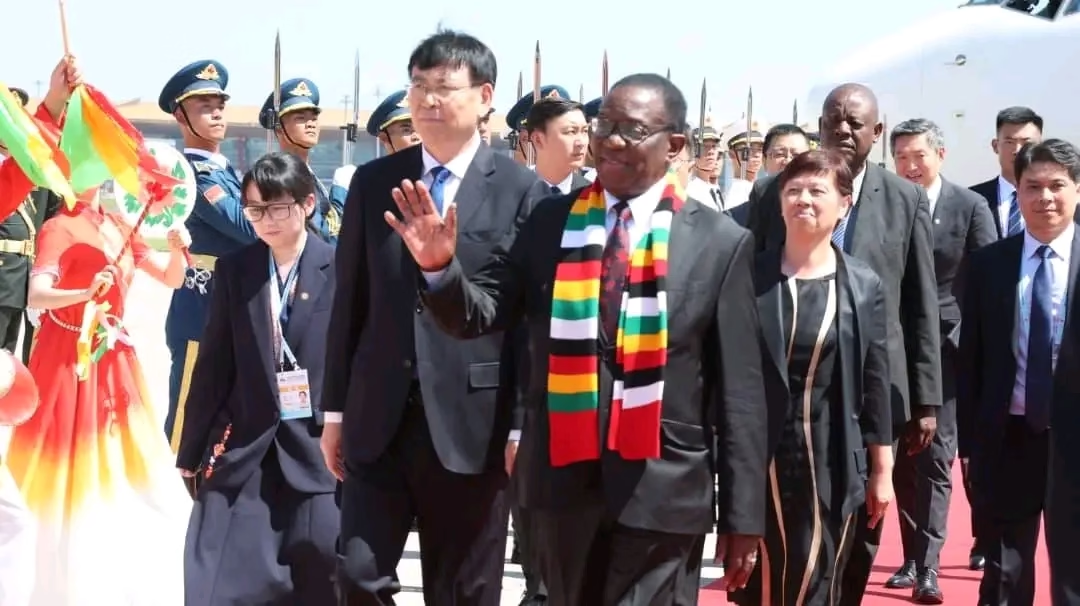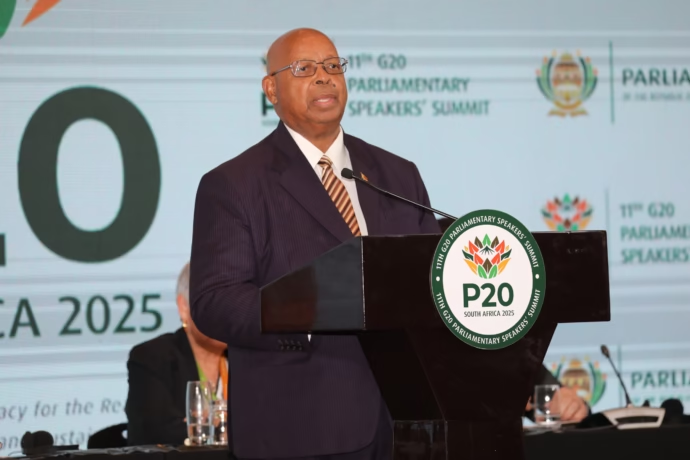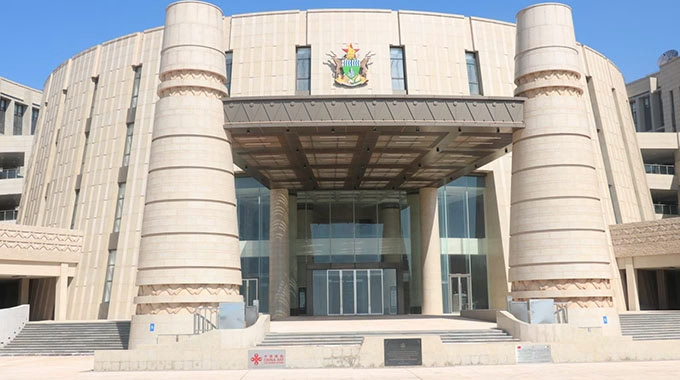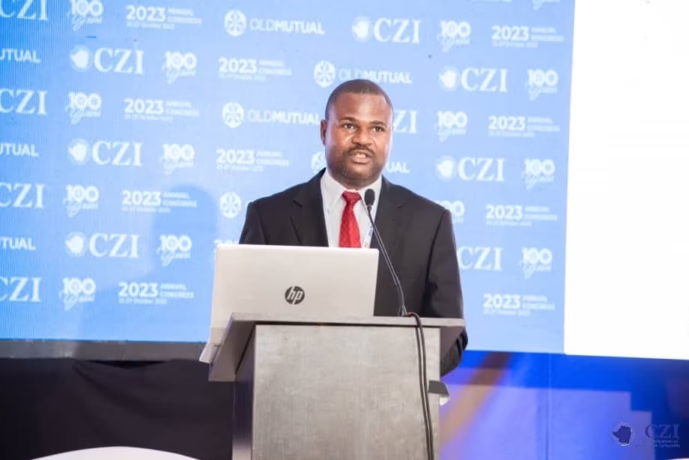
President Emmerson Mnangagwa’s arrival in Beijing for high-level talks with Chinese leadership is more than a ceremonial visit; it marks a deliberate turn in Zimbabwe’s foreign policy towards deeper economic diplomacy, anchored on tangible projects and trade flows.
The President’s trip, which coincides with China’s 80th Victory Day commemorations, underscores how symbolic milestones are being used to reinforce strategic alliances. Zimbabwe, one of only two African nations invited to the commemorations, is positioning itself not just as a historical ally but as a serious economic partner in Beijing’s global development agenda.
At the centre of the visit are discussions with President Xi Jinping under the proposed “Five-Star Ironclad Cooperation Framework.” This framework is expected to provide structure for advancing bilateral ties across politics, trade, security, culture, and international coordination. For Zimbabwe, this is an opportunity to anchor its “Zimbabwe is Open for Business” policy within a clearly defined Sino-Zimbabwe agenda.
Bilateral trade between the two countries currently sits at around US $2.3 billion annually, with Zimbabwe exporting about US $1 billion worth of goods, largely in raw commodities. China, in turn, has made heavy capital investments in Zimbabwe, the most prominent being the Dinson Iron and Steel Plant in Manhize, projected to become Africa’s largest integrated steel operation. Such projects are central to Zimbabwe’s industrialisation ambitions, as they promise not only GDP growth but also thousands of downstream jobs and value chain opportunities.
Yet, the visit is not without challenges. Zimbabwe must carefully navigate growing global scrutiny of Chinese investments, often criticised in some quarters as resource-extractive or debt-laden. Foreign Affairs Minister Professor Amon Murwira, speaking ahead of the talks, stressed that Zimbabwe views China’s role as developmental, citing large-scale infrastructure and industrial projects as evidence of mutual benefit. This response highlights Harare’s determination to shield its China policy from Western narratives of dependency while reaffirming the country’s sovereign approach of being “a friend to all, enemy to none.”
The analytical weight of this visit lies in timing. Zimbabwe is battling to stabilise its economy against inflationary pressures, currency volatility, and the need for infrastructure renewal. By securing commitments from Chinese investors already active in mining, energy, and manufacturing, President Mnangagwa is attempting to fast-track projects that have immediate economic impact, rather than relying on slow-moving policy reforms alone.
China, for its part, sees Zimbabwe as both a trusted ally and a strategic entry point into southern Africa’s resource-rich landscape. The success of these talks will be measured not by the warmth of diplomatic language but by the speed with which new trade deals, infrastructure financing, and industrial projects materialise.
President Mnangagwa’s China mission therefore represents a test of Zimbabwe’s economic diplomacy in practice: can Harare transform decades of political solidarity into a modern partnership that delivers growth, jobs, and industrial capacity at home? The coming months will determine whether this visit marks a symbolic continuation of friendship or a substantive leap into a new economic era.




